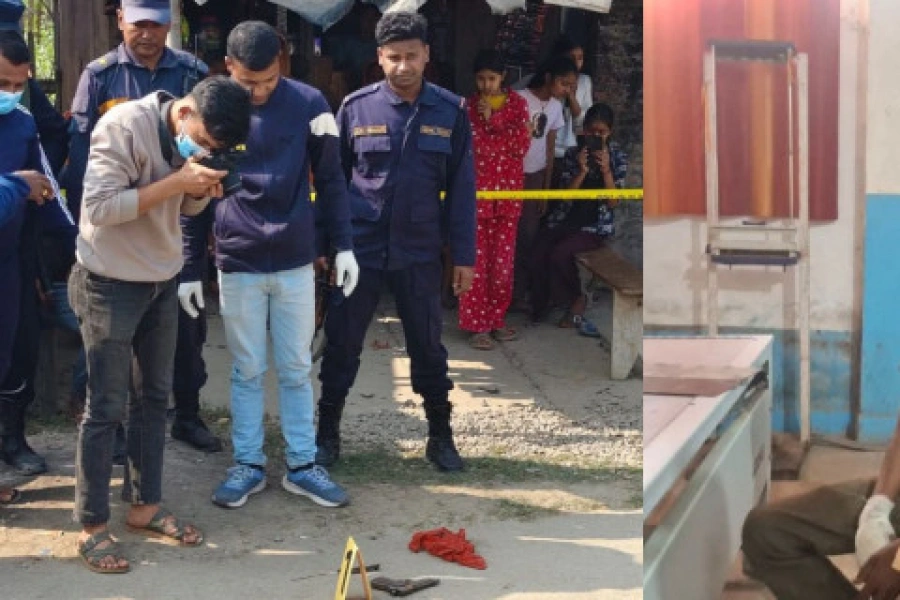KATHMANDU, March 28: On December 29, 2023, a group of agitating protestors dissatisfied with the results of the Korean language text under the Employment Permit System (EPS) carried out a violent attack against Prakash Jwala, the then Minister for Physical Infrastructure and Transport, at Lalitpur’s Balkumari area. The police made every effort to protect him, but the unruly crowd turned on the police, injuring several personnel. Although police used maximum restraint, at least two persons were killed in the course of police action to contain the unruly crowd.
Despite this, the government took immediate action against DSP Umesh Lamsal, who was deployed in the field. Chief of Lalitpur Police Range, Siddhi Bikram Shah, was summoned to the police headquarters, while sparing any action against the Chief District Officer (CDO). This is just a case in point.
Additional security personnel deployed in Tinkune area, Authori...

By holding field officers of the security forces accountable and punishing commanders, in addition to setting up various commissions to discipline security officers involved in covert operations, and prioritizing its ‘own’ people over competent officers in the field, the government has created an environment where police personnel deployed in the field are reluctant to take the ‘risk.’
The Home Ministry and security agencies were well informed of the possible violence during the movement led by the pro-monarchy group, which had begun days earlier. On Friday, four SPs, 15 DSPs, and 25 inspectors from Nepal Police and the Armed Police Force were deployed to the field to contain any untoward incident. However, they failed to effectively manage the situation.
Even when Durga Prasai’s vehicle deliberately attacked security personnel on duty, the police were unable to regain control. In the Tinkune area, the DSP from Baneshwor Circle failed to command the field, and the SPs deployed on the ground could not issue orders. Overall, it became clear that SSP Bishwo Adhikari, responsible for the security of the Kathmandu Police Range, was unable to boost the morale of the police personnel deployed on the field.
Meanwhile, the AIG, who oversaw the Kathmandu Valley, either watched CCTV footage or instructed personnel to remain silent. This situation calls for serious scrutiny. The issues in the field also seem to have stemmed from the compulsion of police officers to visit the houses of party leaders for promotion.
Additionally, the government has consistently remained silent on crucial matters such as procuring riot control equipment, training materials, and tear gas. The government’s failure to address the procurement needs of the Nepal Police and Armed Police Force (APF), while prioritizing the transfer and promotion of its own people, has had a significant negative impact on the morale of the security forces.







































